“Hezekiah received the letter from the messengers and read it. Then he went up to the temple of the Lord and spread it out before the Lord. And Hezekiah prayed to the Lord” (2 Kings 19:14-15).
A dear friend asked me recently to write about what to do when we are faced with a situation that is near unbearable. How are we supposed to pray in difficult times? What do we do? This one is for you, my friend.
Allow me to paint a picture about a bleak situation that if you and I were in the midst of it, we would think there is no escape and that doom lay on the horizon. This biblical story is about King Hezekiah who loves the Lord, immensely. He is 25 years old when he becomes king and at 39 years old he is faced with an invading army. This wasn’t just any army; this was the Assyrian army, one of the fiercest fighting armies of the known world in those days. The Assyrian army was known for their massive war machines and had an army of a million or more. They could lay waste to any nation they desired. We find this mighty army amassing themselves around Jerusalem. The king of Assyria sent his supreme commander to lead the army out in battle to besiege the city of King Hezekiah, King of Judah. The only recourse for King Hezekiah to prevent the entire population of Jerusalem from being destroyed is to surrender all. The Assyrian commander uses some incredible spiritual and psychological warfare tactics in attempt to destroy the mind and heart of those who stood guard at the walls of Jerusalem.
Some of the psychological and spiritual tactics used by the supreme commander of this invading army is found in 2 Kings 18:17-37. Listen to just a few tactics used: first comes the mocking of God’s army as he says, “Come now, make a bargain with my master, the king of Assyria. I will give you two thousand horses—if you can put riders on them!” (verse 23). The next tactic used by the enemy commander against God’s people is striking fear into the hearts of those listening (verses 26-27). The third tactic found in verses 28-36, is an attempt to tear down the power and authority of King Hezekiah, as he then strips away the people’s hope that God can deliver them. Both spiritual and psychological warfare is used to the fullest when the commander says, “Don’t let Hezekiah deceive you. He cannot deliver you from my hand. Don’t let Hezekiah persuade you to trust in the Lord, when he says, ‘The Lord will surely deliver us…’ Hezekiah will only mislead you…Make peace with me and come out to me …Choose life and not death…Has the god of any nation ever delivered his land from the hand of the king of Assyria?” Wow! The enemy, Satan, the Father of lies, the Deceiver, does this to us: he mocks us, deceives us, puts fear in our lives, and distorts the truth about life everlasting in Christ. Don’t be misled, for Satan is still using these same tactics on us today.
This story shows us that even in our most dire circumstances, when there appears to be no hope whatsoever, we can turn to God and call on Him to deliver us. This biblical account can give us courage and a model on how to approach serious times in life. You see, for Hezekiah, he took the letter and went before the God of the heavens and he prayed (2 Kings 19:1). It’s here in chapter 19 verses 14-19, where we find this beautiful closing prayer of Hezekiah that provides us with three biblical principles we can apply to our lives when we are confronted with circumstances that threaten our well being (for more on this story read 2 Kings 19).
The first principle we’ll call “Lay out Your Letter”. This is where we lay our deepest concerns before God. As you begin your prayer, start by giving God adoration and praise for who He is. Hezekiah begins his prayer, “…Lord, you alone are God over all the kingdoms of the earth” (2 Kings 19:14-15). There is no purer form of prayer we can offer to the Lord than a prayer of adoration and praise which seeks nothing in return. I believe adoration puts our circumstances into true perspective and reminds us that God is who he says he is and that we belong to him. No one can touch us when we stand with God. It’s in this passage that we find Hezekiah in his zone of peace because he has first praised God. By doing so, he assures his own heart that God is with him and has never let him down before…why would He now!
It is from this passage of scripture that I have learned how to come before God in tough times. I have written down my dilemma and gone into my prayer room and laid it before the Lord. I ask him to intercede for me and to give me the direction I need. When my health was failing, he was my only hope. When my wife faced cancer and doctors said we could only make her comfortable, he was first in line to hear our petitions. As a family, we went before the Lord and pleaded unto him to spare her life. My friends, these biblical accounts I share with you are so much more than just stories—they are real life situations where God and his people have come together in times of great distress and God heard and answered. Give him your praise and adoration for he alone is God.
The second principle we’ll call, “Unloading Anxiety.” Hezekiah took his fears, anguish, and anxiety not to the people, not even to his trusted advisors, but to his great God. The good news is that the great God Hezekiah casts his anxiety upon is the same God you and I serve today. “Give ear, O Lord, and hear…It is true, O Lord, that the Assyrian kings have laid waste these nations and their lands” (2 Kings 19:16-17). Hezekiah knew that he was up against an army that could flatten the people in a minute. But he also knew he served a big God who could change this humanly impossible situation even faster. Listen, when you are facing a great crisis of great magnitude, take it to God! The apostle Peter says, “Humble yourself, therefore, under God’s mighty hand, that he may lift you up in due time. Cast all your anxiety on him because He cares for you (1 Peter 5:6-7). In this principle we learn to hit prayer hard and heavy as we unload our anxiety before the Lord.
The third principle we’ll call, “Intercession and Deliverance.” When you are facing immeasurable circumstances beyond your control, come before God and ask him to intercede for you—to deliver you. Give the enemy to God. Did you catch that! Give the enemy to God. Listen to this, “Submit yourselves, then, to God. Resist the Devil, and he will flee from you. Come near to God and he will come near to you…” (James 4:7-8). This is exactly what Hezekiah did. “Now, O Lord our God, deliver us from his hand, so that all kingdoms on earth may know that you alone, O Lord, are God” (2 Kings 19:19). It’s like the king is saying, now God, go get ‘em! No compromise, no giving in under pressure. Hezekiah went directly to his heavenly King asking him to deliver his people for he knew there was no one else on earth who could deliver them…no one but His Lord, God Almighty.
So, how are you going to react the next time you are facing moments of deep trouble, sorrow, or great distress? Maybe it’s the loss of a dear loved one, or a child who has chosen to wander; maybe you’ve lost your job and your family’s needs are on the line; maybe you’re experiencing emotional stress and you’re buying into the lie that you have no purpose, you’re inadequate and no longer useful; maybe you have a co-worker who is in your face day in and day out and it seems they only want to make your life miserable; maybe your health is failing and you just can’t regain your strength.
In all of these situations, what are you going to do? I encourage you to follow King Hezekiah’s Plan A, as there are no other plans available! If we believe in the living God who hears and answers our prayers and comes to our defense as we cry out to Him, then no matter what we face and no matter how God answers us accordingly, we are winners because of Christ who lives in us (Galatians 2:20)!









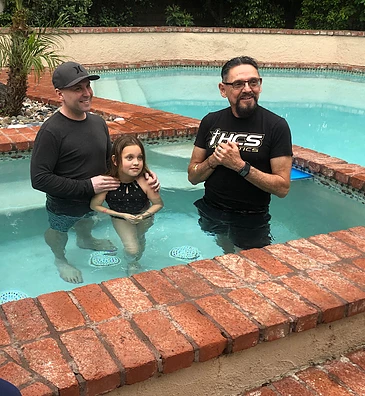





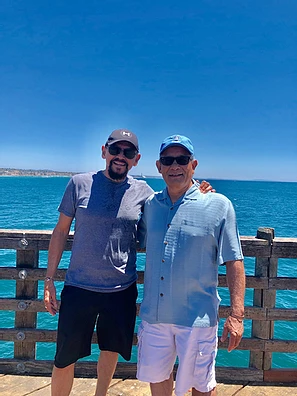
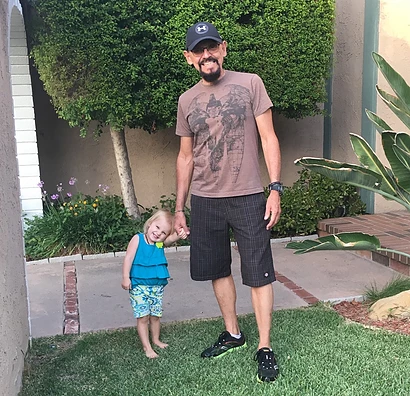



















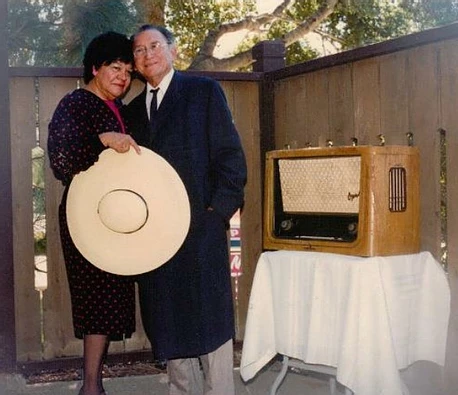



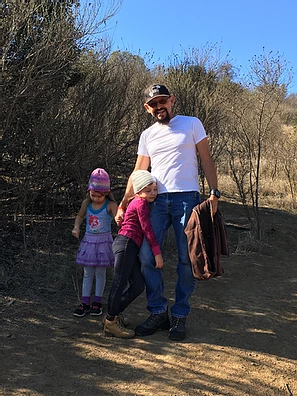





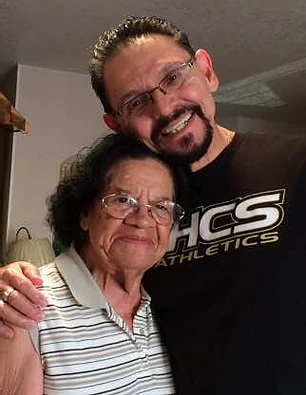


























































0 Comments
Trackbacks/Pingbacks